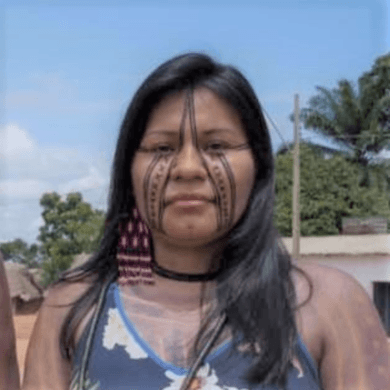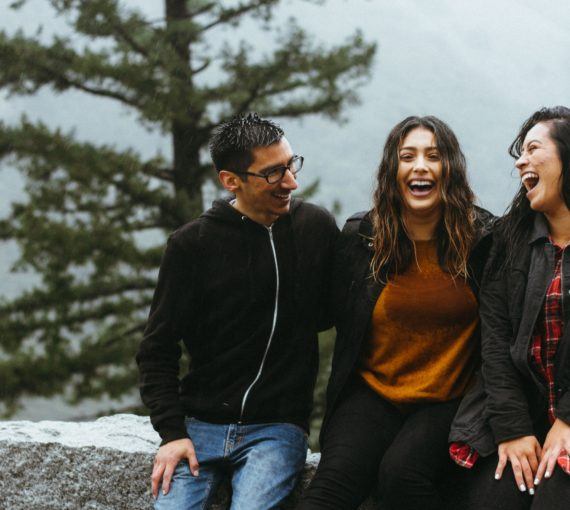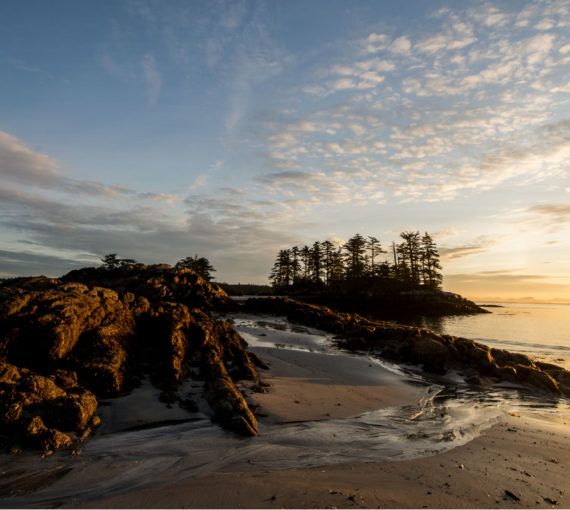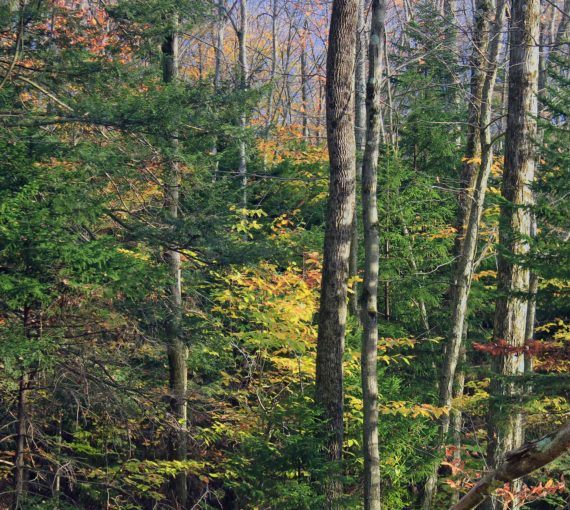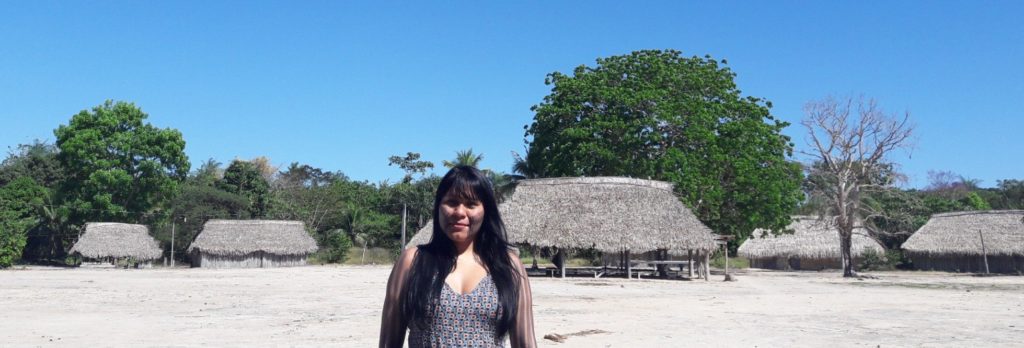
My name is Maial Panhpunu Paiakan Kaiapo. I am daughter to the late chief and renowned land defender Paulinho Paiakan. I am an Indigenous scholar from the Amazon, and my home is under siege.
Indigenous communities here are experiencing the most violent contact they’ve seen in years, with mass violations of fundamental and collective rights, plus all aspects of the right to safety within our own lands.
The Amazon has long been at the centre of territorial conflicts, but pressure has grown in recent years as agricultural, mining and timber operations invade Indigenous lands. Large national and international company owners see it as the last frontier. If left unchecked, large agribusiness will literally turn the Amazon into a savannah, a large grazing pasture, ignoring environmental and Indigenous legislation and our right to open and prior consultation. While this affects my people first and foremost, it poses a grave threat to humankind everywhere. Destruction of the Amazon has global implications.
The Brazilian Amazon covers nine states – Acre, Amapa, Amazonas, Maranhao, Mato Grosso, Para, Rondonia, Roraima and Tocantins – and is home to roughly 440,000 Indigenous people from more than 170 groups. I am from the state of Para, in the “arc of deforestation,” where business is ever advancing. Amazonian culture, like the biodiversity here, is incredibly diverse.
But for the people of the Amazon, including my people, the Kayapo, all this is threatened by the deliberate burning and deforestation that come with poorly regulated industrial and agricultural activity.
Capitalism is advancing on the Amazon at an accelerating pace.
Capitalism is advancing on the Amazon at an accelerating pace. Mining, soy and cattle farming, hydroelectric dams and plants, timber extraction and a range of illegal activities are devastating the territory and the life within it, including its people.
Commercial development of Brazil and the world directly and indirectly creates significant socio-environmental effects for Indigenous peoples. Rampant rain forest destruction has extinguished peoples, animals and forests. From January to August, 2020, more than 13,000 square kilometres of the Brazilian Amazon burned. The Amazon is the world’s largest terrestrial carbon sink, and deforestation limits its capacity to absorb carbon dioxide, leading to more fires and increasing climate disruption. It also hinders our ability to maintain traditions and live on sustainable forest resources.
In the Amazon, measures to protect the environment are routinely violated or not enforced. Reforestation is inadequate and human rights are not prioritized. Recent governments have not protected or defended the rights Indigenous peoples have gained over many years (including those my father helped establish in the Indian Statute of 1973 and the 1988 Constitution).
Mining companies are investing in expensive, large machinery and tractors to speed the destruction. Policies that protect Indigenous territories and conservation areas are vulnerable. Corporations are lobbying Brazil’s National Congress for permission to research and explore for minerals on Indigenous lands throughout the Amazon – in some cases, where isolated communities have only recently been contacted.
Now, environmental losses are accelerating. Miners, illegal loggers and other land grabbers are taking advantage of the COVID-19 pandemic to invade our territory.
Now, environmental losses are accelerating. Miners, illegal loggers and other land grabbers are taking advantage of the COVID-19 pandemic to invade our territory. Environment Minister Ricardo Salles admitted as much, saying in an April 22 ministerial meeting: “We need to make an effort while we are in this calm moment in terms of press coverage, because they are only talking about COVID, and push through and change all the rules and simplify norms” – a clear call for increased deforestation. Fires now threaten our villages, killing the animals that feed us and destroying the forests we rely on for so much.
Environmental law is compromised, with little surveillance and monitoring. The government is even trying to take some Indigenous lands back. A repossession action against the Xokleng people of the Ibirama Laklano Indigenous land, in the country’s south, goes to Brazil’s Supreme Federal Court this month. If successful, it could have devastating effects on Indigenous lands throughout Brazil.
In an attempt to reaffirm our pre-existing rights, the Articulation of Indigenous Peoples of Brazil filed an unprecedented lawsuit in July demanding the Brazilian government address barriers to medical assistance against COVID-19 and remove invaders from seven Indigenous lands: Yanomami, Karipuna, Uru-Eu-Wau-wau, Kaiapo, Arariboia, Munduruku and Trincheira Bacaja. After seven months of the pandemic, the government still has no clear plan for tackling COVID-19 – let alone supporting Indigenous peoples through it.
At a time when Amazonian Indigenous peoples are particularly vulnerable to COVID-19, our home is also at risk. Without protections, we face constant injustices. Yet we, the original people of this land, continue to resist, because we know this is our only home – and we are a part of nature. It’s time for the developed world to realize this and speak up on behalf of all Indigenous land defenders. To paraphrase Greta Thunberg, our house is literally on fire.
This op-ed was originally published in The Globe and Mail
Our Work
Always grounded in sound evidence, the David Suzuki Foundation empowers people to take action in their communities on the environmental challenges we collectively face.
